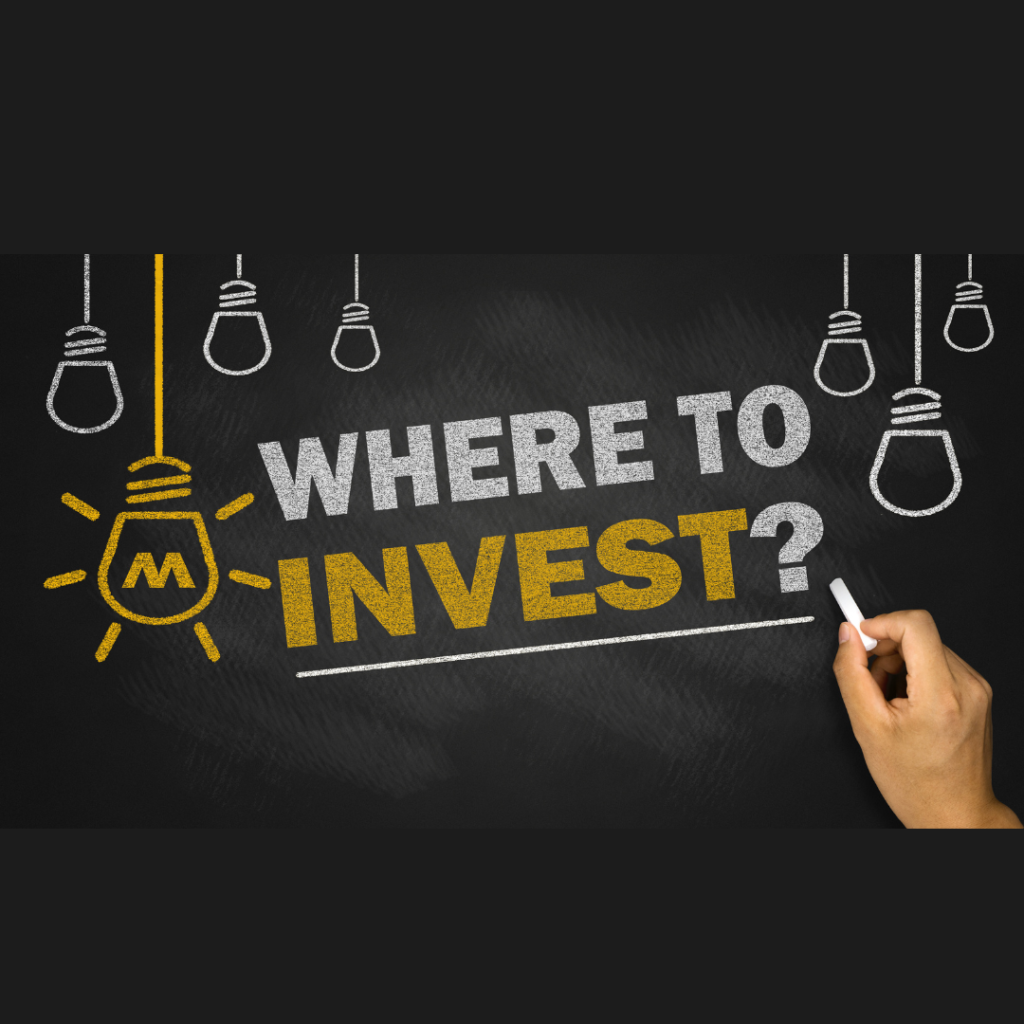Dallas Market Analysis: Where to Invest in 2024
In the realm of real estate investment, few cities shine as brightly as Dallas. With its robust economy, burgeoning job market, and diverse communities, Dallas continues to allure investors seeking lucrative opportunities. However, the landscape of real estate investment is ever-evolving, influenced by various factors such as economic trends, demographic shifts, and urban development initiatives. As we delve into 2024, it’s essential to conduct a comprehensive analysis of the Dallas market to discern where the most promising investment prospects lie.
Economic Resilience Amidst Uncertainty
Dallas has long been hailed as a beacon of economic resilience, weathering storms that have rattled other metropolitan areas. Even amidst global uncertainties, including pandemics and economic downturns, the city has demonstrated remarkable stability. Its diversified economy, encompassing industries such as technology, finance, healthcare, and logistics, shields it from the impact of downturns in any single sector.
Furthermore, Dallas boasts a business-friendly environment, characterized by favorable tax policies, a low cost of living, and a skilled workforce. These factors not only attract businesses but also foster an environment conducive to sustained real estate growth.
Job Market Dynamics
A thriving job market is a cornerstone of robust real estate demand, and Dallas excels in this aspect. The city consistently ranks among the top destinations for job seekers, fueled by an influx of corporations and startups establishing or expanding their operations here.
In recent years, the technology sector has emerged as a driving force behind Dallas’ job market growth. Major tech companies, including giants like Google, Amazon, and Microsoft, have recognized the city’s potential, establishing offices and creating thousands of jobs. Additionally, Dallas has witnessed significant growth in healthcare, finance, and professional services, further diversifying its employment landscape.
As we look to 2024, projections indicate continued job market expansion, driven by ongoing corporate relocations, startup activity, and infrastructure investments. Areas with proximity to employment hubs and emerging tech corridors are poised to experience heightened real estate demand and appreciation.
Demographic Trends and Urban Development
Understanding demographic trends is crucial for identifying burgeoning real estate markets. Dallas is experiencing a demographic transformation characterized by population growth, urbanization, and cultural diversity. Millennials and Gen Z cohorts, in particular, are drawn to the city’s vibrant urban lifestyle, job opportunities, and affordable housing options.
Urban development initiatives play a pivotal role in shaping Dallas’ real estate landscape. The city’s downtown core is undergoing revitalization, with mixed-use developments, residential towers, and cultural amenities transforming the skyline. Neighborhoods such as Deep Ellum, Trinity Groves, and the Design District are witnessing a renaissance, attracting residents and investors alike.
Moreover, transportation infrastructure projects, including expansions to the DART (Dallas Area Rapid Transit) system and highway improvements, are enhancing connectivity and accessibility across the metroplex. Areas benefiting from these infrastructure upgrades are poised for increased investment interest and property appreciation.
Investment Hotspots: Where to Allocate Capital in 2024
Identifying the most promising investment opportunities in Dallas requires a nuanced understanding of market dynamics and localized trends. While the entire metroplex offers investment potential, certain neighborhoods and asset classes stand out for their growth prospects and investment resilience.
Uptown and Downtown Dallas: These urban cores continue to attract young professionals and empty nesters seeking a live-work-play environment. Condominiums, luxury apartments, and mixed-use developments in these areas command premium prices and offer strong rental demand.
North Dallas and Plano: Known for their top-rated school districts, suburban neighborhoods in North Dallas and Plano appeal to families and upwardly mobile professionals. Single-family homes in these areas offer stability and long-term appreciation potential.
Deep Ellum and Bishop Arts District: Quirky, artsy neighborhoods like Deep Ellum and Bishop Arts District are experiencing a cultural resurgence. Investors interested in adaptive reuse projects, boutique retail spaces, and creative office environments should explore opportunities in these districts.
Industrial and Logistics Properties: With the rise of e-commerce and the need for efficient supply chain networks, industrial and logistics properties are in high demand. Areas along major transportation corridors, such as the I-35 and I-20 corridors, offer compelling investment prospects for industrial developments and distribution centers.
Mixed-Use Developments: The convergence of live, work, and play spaces continues to drive demand for mixed-use developments. Projects that integrate residential, commercial, and recreational elements cater to the evolving preferences of urban dwellers and offer investors diversified revenue streams.
Conclusion
In conclusion, Dallas stands as a beacon of opportunity for real estate investors in 2024. Its resilient economy, dynamic job market, and demographic diversity create a fertile ground for investment growth. By aligning investment strategies with market fundamentals and emerging trends, investors can capitalize on the myriad opportunities that Dallas has to offer. Whether targeting urban cores, suburban enclaves, or specialized asset classes, the key lies in meticulous research, strategic planning, and a long-term perspective. As the Dallas skyline evolves and neighborhoods flourish, astute investors stand poised to reap the rewards of their foresight and diligence in the vibrant landscape of the Dallas real estate market.

Joseph Gozlan

Investment Properties Advisor
Email: Joseph@Wisdom.TXcom
Direct: (469) 443.6336
Language/s: English, Hebrew
